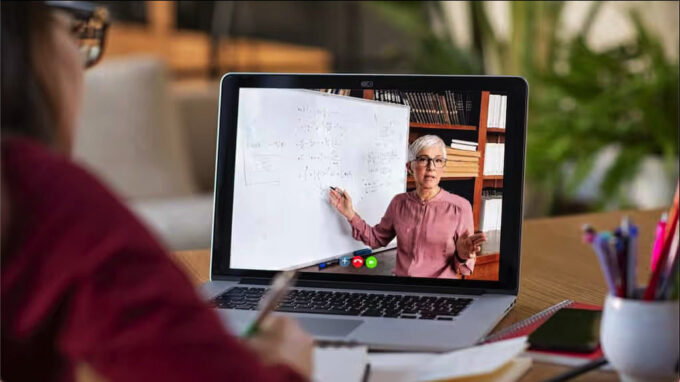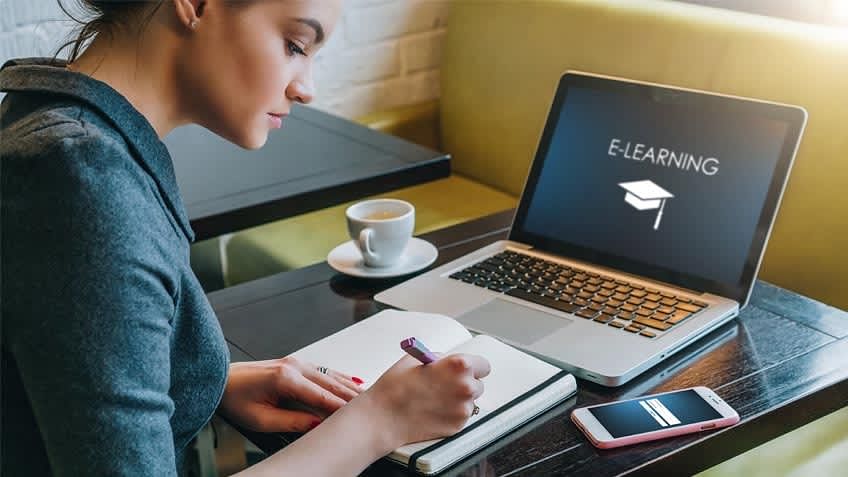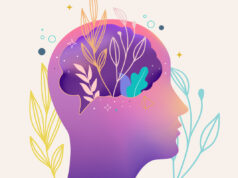Personalized learning is a model that tailors the educational process to individual learners’ needs, interests, and strengths. In this case, online platforms offer individualized educational experiences tailored to each student’s needs, progress, and preferences, ensuring that each student receives the appropriate support in writing. Tailored learning encourages students to take responsibility for their educational pursuits and learn at their own pace by harnessing technology and data. Personalized learning can be acknowledged through a comprehensive focus on experience, educational outcomes, diversity, practice, classroom integration, global impact on education, drawbacks, and the future of education.
Personalized Learning Experiences

Educational online platforms deliver customized information to suit students’ current knowledge, skills, and learning objectives. For instance, these technologies ensure that learners can handle the pace of instruction based on individual development, enabling a more interactive and successful learning experience. In turn, personalized educational environments, powered by data and algorithms, respond to students’ unique learning styles and preferences. In turn, the personalized approach increases motivation, engagement, and ownership of the learning process.
Improved Educational Outcomes
In the Internet network, tutoring platforms help students to learn faster by allowing them to go through familiar content quickly while focusing on areas where they need more help. For instance, the tailored method speeds up learning and assists students in reaching their greatest potential. Personalized learning systems enhance higher understanding and long-term retention of information by delivering content that matches learner’s requirements and preferences. Furthermore, these platforms frequently stimulate knowledge application through real-world scenarios, simulations, and problem-solving activities, assisting students in developing critical thinking and problem-solving skills.
Support for Diverse Learners

Tutoring centers improve inclusive education since they are tailored to accommodate students with various needs, including disabilities and language barriers. By customizing content and instructional methods, these systems foster an inclusive learning environment that promotes the achievement of all students, regardless of their background and learning style. In this case, personalized learning platforms can recognize and address educational challenges and offer tailored assistance and intervention.
Moreover, an example can be Wr1ter, a custom writing service with professional writers who offer personalized content delivery and assessment for students. In turn, the methodology allows people to manage knowledge gaps, misconceptions, and difficulty domains, ensuring that each student receives the proper assistance.
Personalized Learning Platforms in Practice
Personalized learning allows for adapted content, enabling students to access information relevant to their literacy level. In this case, algorithms assess learners’ progress and provide targeted study materials, ensuring that they obtain suitable knowledge. Furthermore, unlike traditional education’s tight deadlines, the model allows for greater pacing flexibility, accommodating it.
Instead of depending primarily on standardized examinations, personalized learning incorporates various evaluation tools to assess students’ development effectively. Quizzes, projects, portfolios, and real-world applications can all be used to help educators to understand each student’s strengths and areas for improvement. Therefore, online education reduces students’ possibility of failing in their learning process and offers space to coach them in their weak areas.
Classroom Integration

Tutoring platforms are frequently integrated into blended settings, incorporating conventional classroom teaching with online resources. For example, learners engage with customized education tools and activities in the classroom and individually, enabling them to take ownership of their studying process. The strategy encourages self-paced learning, increases learner autonomy, and facilitates a student-centered educational atmosphere.
Incorporating personalized learning platforms does not lessen the importance of the instructor, but it allows educators to become facilitators and mentors in the learning process. Besides, teachers can use the data and other insights created by these platforms to better understand their students’ unique needs and progress, allowing them to give targeted support, intervention, and enrichment.
The Potential for Global Impact on Education
Tailored learning resources have the potential to open up worldwide opportunities for quality education, especially in underprivileged regions and developing nations. These platforms can overcome educational barriers and create wider diversity by providing customized learning experiences accessible anywhere globally.
As the nature of work evolves, the requirement for lifetime learning and continual skill development becomes increasingly important. Personalized educational platforms will support workforce development initiatives, providing adapted learning pathways and resources that allow individuals to constantly upgrade their skills and knowledge to remain competitive in the labor market.
Drawbacks of Personalized Learning Platforms

While individualized learning has many advantages, it also poses some key issues. When using digital platforms, privacy and data security are key considerations. It is critical to safeguard the personal data of students and use the information properly. Furthermore, equal access to technology and educator training is a challenge that exacerbates existing educational inequities.
Owing to the digital gap, some people may need more suitable inclusion policies or infrastructure to be included. However, even if these aspects are genuine vulnerabilities, they are not an argument against personalized learning because governments must address free education to anyone.
The Future of Personalized Learning Platforms
https://www.youtube.com/watch?v=knemf_4I218&ab_channel=AIforTeachers
As technology advances, personalized learning will be integral in education due to digitizing every aspect of life. Basically, the future of education is rooted in modalities and paradigms that captivate learners through personalized learning while also strategically leveraging artificial intelligence (AI). Cognitive computing, large-scale data analytics, and virtual reality will improve customized educational environments by making them more flexible, realistic, and tailored to the needs of every learner.
However, it is critical to remember that individualized learning should supplement rather than replace standard educational techniques. Skilled instructors, supportive learning environments, and equal access to technology are required for successful implementation. As a result, collaboration between teachers, students, parents, and legislators is critical to effectively implementing personalized learning concepts into educational systems worldwide.
In conclusion, personalized learning has enormous potential to revolutionize education. Tutoring and writing platforms create engaging, adaptive, and student-centered educational endeavors by adapting training to specific students’ needs. The model can develop a love of learning, empower students, and provide them with the knowledge and abilities they need to thrive in contemporary society.
Furthermore, personalized learning is a powerful educational strategy that acknowledges the distinctive personality and tailors the learning experience. It encourages participation, mastery, and the acquisition of critical skills for success in the digital age. As technology advances, personalized learning has the potential to transform education and prepare students for a future that requires adaptation, intellectual curiosity, and continual learning.









